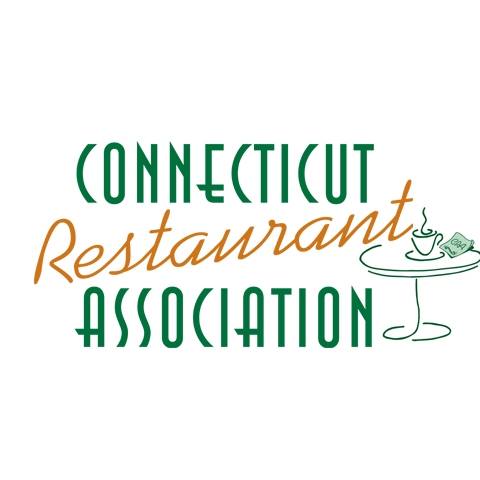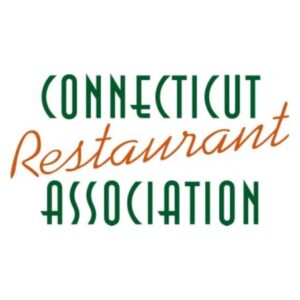

Scott Dolch, Executive Director, Connecticut Restaurant Association.
By Scott Dolch, Executive Director, Connecticut Restaurant Association
On December 18, 2019, the Connecticut General Assembly successfully passed a new bipartisan restaurant bill (HB 7501) that helps protect our industry by putting Connecticut on a path to a better, fairer and more predictable regulatory environment for local restaurants. Following this approval during a special session, the bill was officially signed into law by Governor Ned Lamont on January 6, 2020.
More specifically, the legislation falls under Public Act 19-1, which includes “Revisions to and Regulation of Gratuities Permitted or Applied as Part of the Minimum Fair Wage.”
With its passing, the Connecticut Restaurant Association (CRA) has fielded many questions about what this new law means for bars and restaurants in Connecticut with tipped employees and what guidance restaurants should follow until the new regulations will be released.
What does this mean?
The passing of this law means restaurants will finally have clarity over how and when one can apply the tip credit for tipped employees who are doing both service and non-service duties during their shift. The current law prohibits employers from applying the tip credit to restaurant employees who perform both service and non-service duties, unless the employer segregates and records all of their time spent on each type of duty.
What do we do now?
The bill requires the labor commissioner, by April 1, 2020, to post a notice of intent to adopt regulations concerning the tip credit. In addition, the Connecticut Department of Labor (CT DOL) must adopt regulations that are pursuant to the Federal “80/20 Rule” of the Federal Department of Labor’s Field Operations Handbook prior to November 8, 2018. The new regulations become effective when the Secretary of the State posts them on the eRegulations System.
Following the adoption of new regulations, the CT DOL will begin conducting a minimum of 75 random wage and hour audits specific to the new regulation.
Until then, restaurant owners and operators should consult their labor attorney, payroll providers and other wage related professionals to ensure compliance with the current law, while taking steps to understand how the new law may affect their business.
The new law does provide certain protections for “good faith efforts” and costly class-action suits. As such, restaurant owners should consult their attorneys.
Wage and compliance seminars.
To help restaurants better understand the new law, along with other common wage and compliance issues specific to the industry, the CRA will be hosting four Wage and Compliance Seminars across CT in January and February.
Topics for discussion include issues such as wage and hour regulations for tipped employees, state and federal regulations around tip pooling, sexual harassment training, overtime policies and more.
 For more information about the CRA Wage and Compliance Seminars or questions about the new law, contact the CRA at 860-278-8008 or at membership@ctrestaurant.org.
For more information about the CRA Wage and Compliance Seminars or questions about the new law, contact the CRA at 860-278-8008 or at membership@ctrestaurant.org.
Bill Analysis of HB 7501:
www.cga.ct.gov/2019/BA/pdf/2019HB-07501-R00SS3-BA.pdf
Full text of the new bill No. 7501:
www.cga.ct.gov/2019/TOB/h/pdf/2019HB-07501-R00-HB.pdf
For more information, visit CPSA online.



